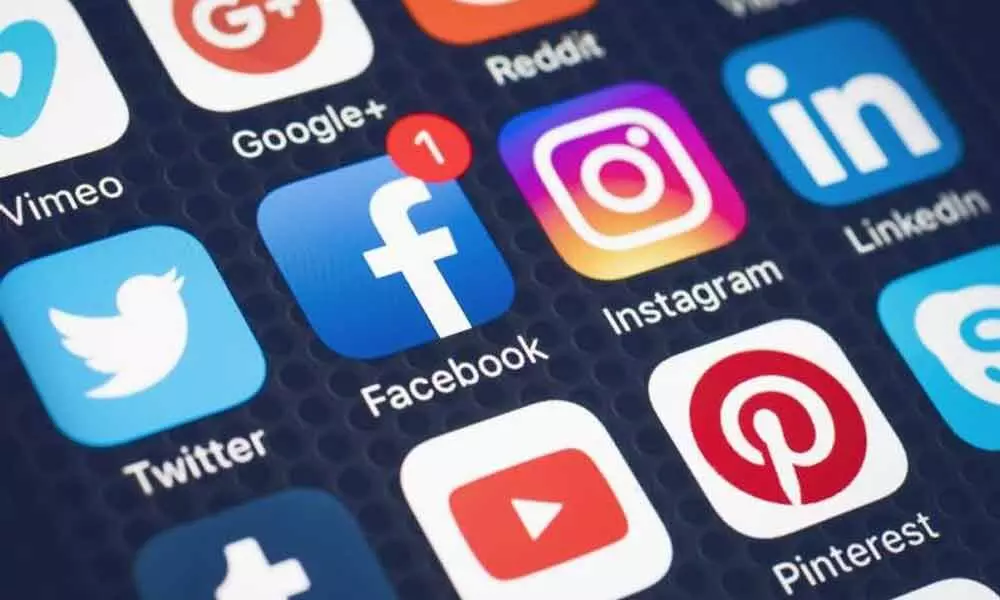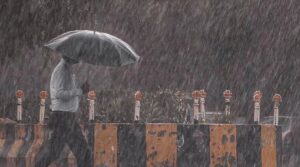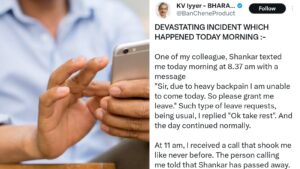Nepal Bans Facebook, X, YouTube and 23 Other Social Media Platforms Over Registration Dispute

Nepal Bans Facebook, X, YouTube and 23 Other Social Media Platforms Over Registration Dispute
Nepal has announced a sweeping ban on 26 major social media platforms, including Facebook, X (formerly Twitter), Instagram, YouTube, Reddit, and LinkedIn, following their failure to comply with the country’s mandatory registration requirements. The decision, made public on Thursday, September 4, was enforced after the platforms missed a final seven-day deadline set by the government to officially register and appoint a local representative.
The Ministry of Communications and Information Technology stated that it had instructed the Nepal Telecommunication Authority to disable all non-registered platforms “until they are registered.” According to the Ministry, the move came after “repeated requests” were ignored by the companies. Most of the platforms banned are operated by American tech giants, such as Meta (which owns Facebook and Instagram), Alphabet (which owns YouTube), and Elon Musk’s X.
Minister for Communications and IT, Prithvi Subba Gurung, said the companies were “given enough time to register” and that the government had “repeatedly requested them to comply” with its rules. “They ignored this,” he said, “and we had to shut their operations in Nepal.”
Officials emphasized that the goal was not censorship, but ensuring social media platforms are properly managed, responsible, and accountable. They argue that the regulations are necessary to combat rising incidents of misinformation, cybercrime, and online abuse. As part of the registration requirement, platforms must appoint a local liaison, set up a point of contact for grievance handling, and take responsibility for self-regulation.
A recent ruling from Nepal’s Supreme Court backed the government’s stance, stating that both domestic and foreign social media platforms “must be mandatorily registered” with the competent authority. The decision gave the legal basis for the government’s actions, following earlier directives issued as far back as 2023.
However, the move has been sharply criticized by digital rights groups and media experts, who claim that the government’s intentions are more about silencing criticism than regulating platforms. Ujjwal Acharya, Director of the Center for Media Research, said the ban was “misguided” and warned that “the government has taken this decision without evaluating how it will impact common citizens.” He added that “this decision is going to harm Nepal’s democratic reputation for a long time and will create a lasting negative perception globally.”
Acharya further argued that the government’s registration conditions were too intrusive and that the platforms likely refused to comply because the oversight and control measures proposed were unrealistic.
Digital rights advocates also pointed out that social media plays a much larger role in society than just political debate. As Acharya put it, “very few people use social media only for political or social opinions. For the vast majority, it’s a vital part of daily life and business — an easy, affordable, and effective communication tool. The ban is simply wrong.”
Bhola Nath Dhungana, president of Digital Rights Nepal, said the ban “shows the controlling approach of the government,” and criticized the lack of warning and consultation before the move. “It directly hits fundamental rights,” he said.
This is not Nepal’s first clash with social media. In November 2023, the then-government led by Pushpa Kamal Dahal temporarily banned TikTok, citing its alleged negative influence. That ban was lifted in August 2024 after TikTok agreed to register with the authorities, setting a precedent that likely influenced the current crackdown.
Of the 26 banned platforms, only five — including TikTok and Viber — are currently registered with Nepal’s government. Two more are reportedly in the process of registration. The rest, including several widely used American platforms, failed to respond or comply by the deadline.
The government announced the ban on several social media platforms, but some users reported that the apps were still fully accessible for some time after the announcement. In response, the Ministry confirmed that unregistered social media platforms will be deactivated, emphasizing that enforcement is underway and will continue until the platforms comply with registration requirements.












